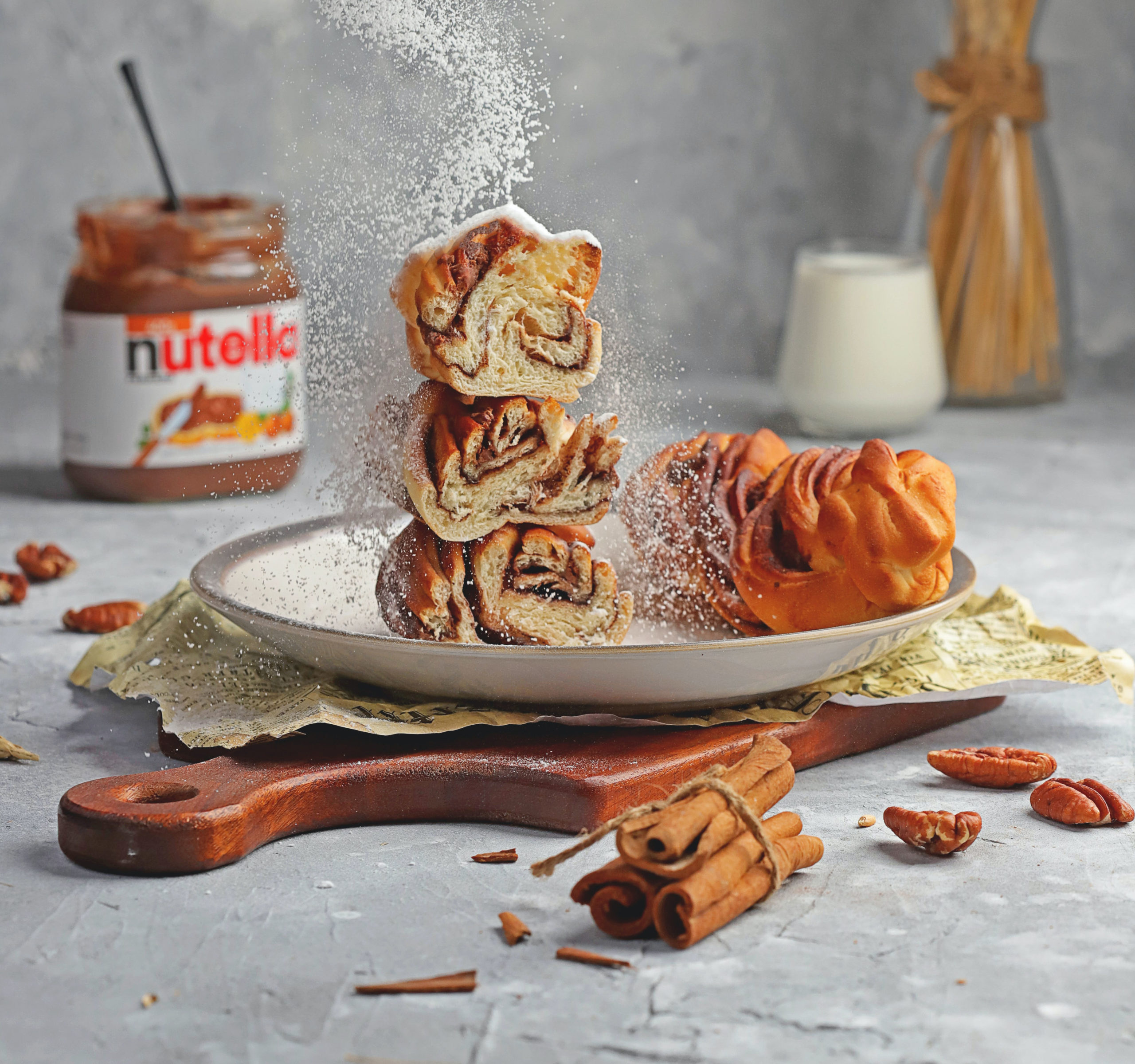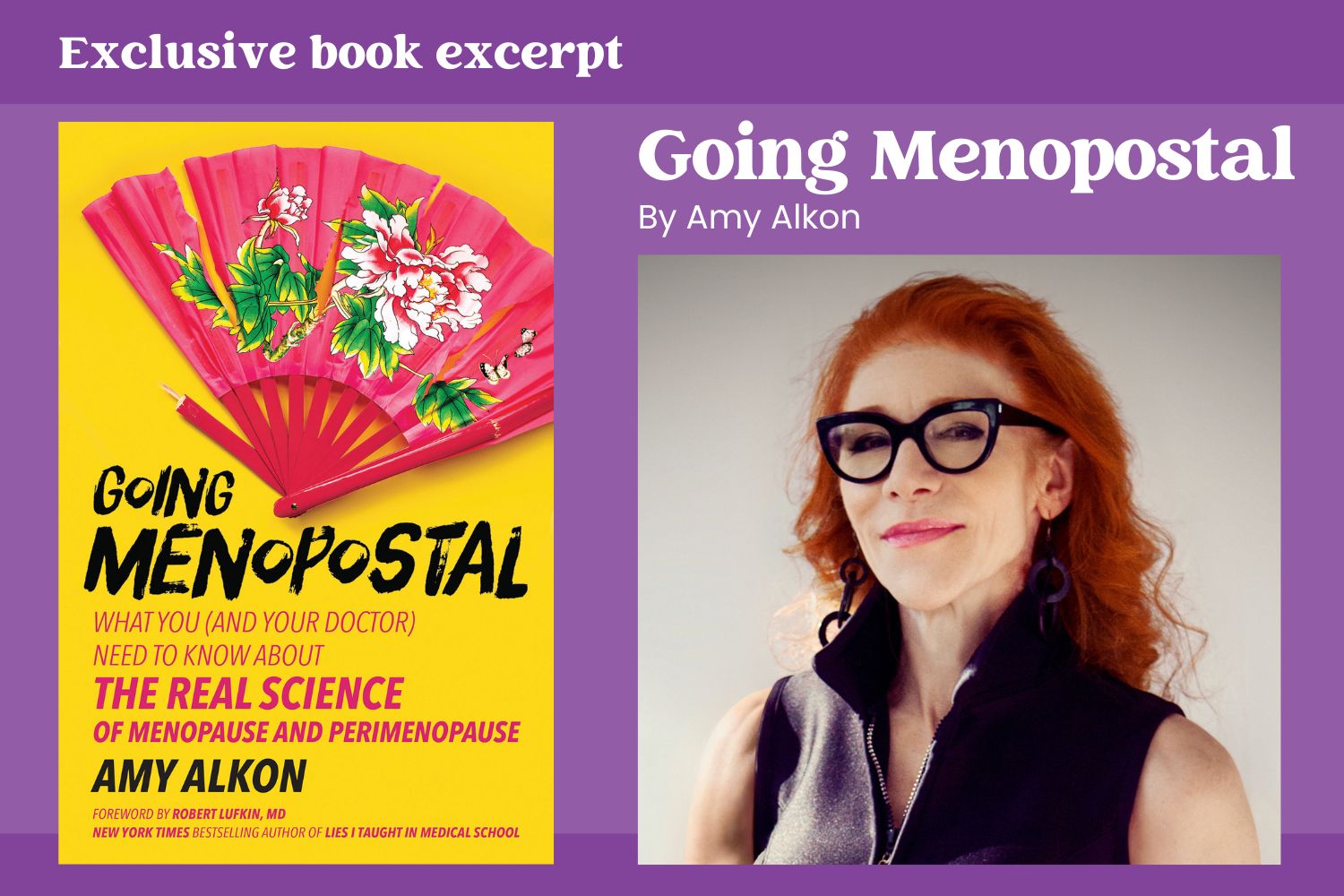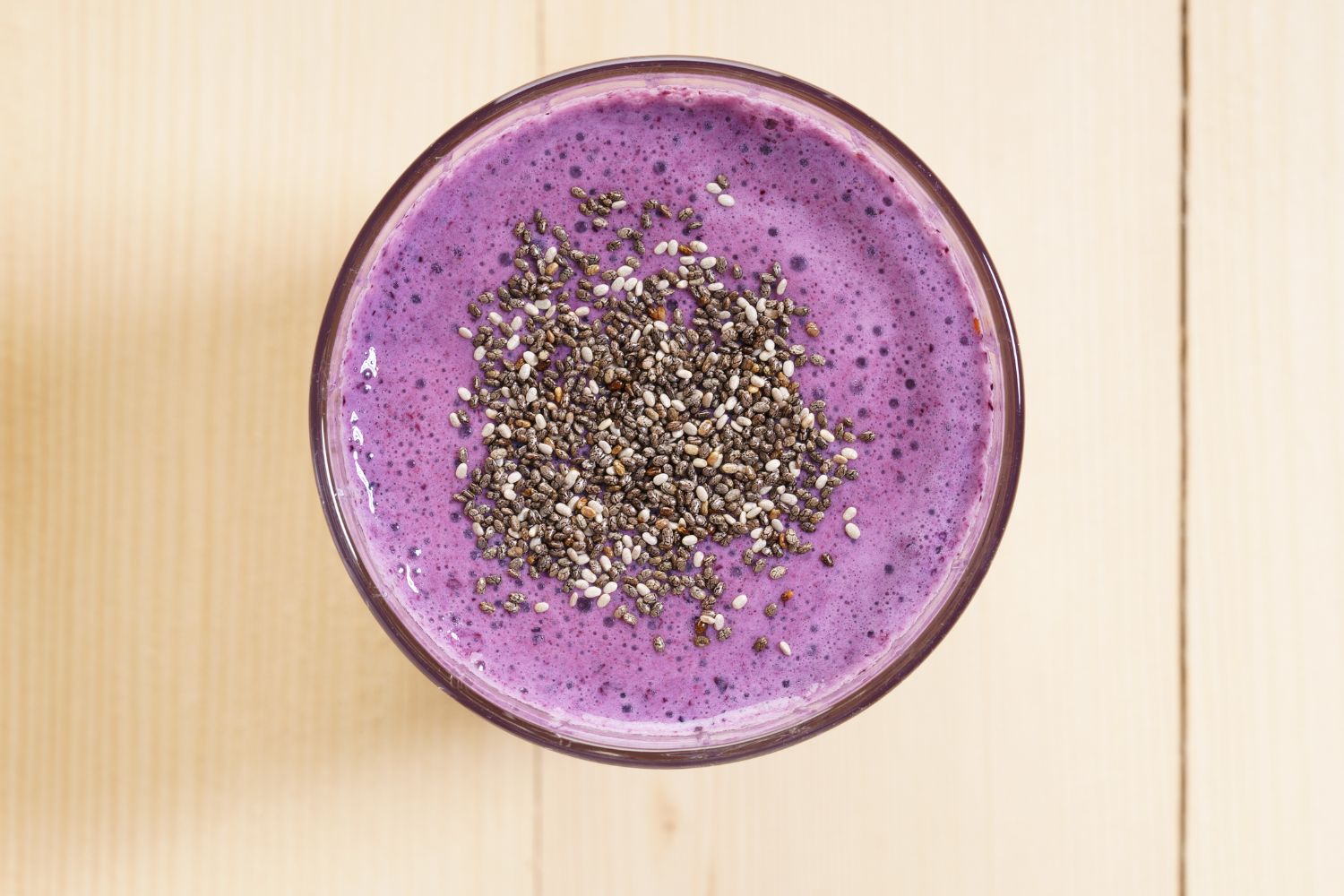
How I quit the diet cycle and refocused on what really matters in life
After the initial pandemic lockdown — that is, after about 5 months of potato chips and Nutella — I decided to go on a diet. I’ll be honest, my primary motivator was the fact that I’d gone up two clothing sizes. I was someone who had always valued thinness, whether I achieved it or not, and associated thinness with health. I knew dieting to lose weight doesn’t work. If it did, the diet and “health” industry wouldn’t be a $70+ billion one. The reality is that a vast majority of people who diet gain back the weight they lost. Yet, I thought that since I hadn’t “dieted” expressly to control my weight in decades, the stats wouldn’t apply to me.
Spoiler alert: I was wrong. After about five weeks I ditched the diet app and gained back the little bit of weight I’d lost. As I unpacked why my diet failed and considered what might be a more successful route to my health goals, I had a shocking revelation. I was always dieting, if by another name. I had engaged in failed perfectionist eating schemes consistently throughout my life. Most were ostensibly related to health (Whole 30, anyone?), but, deep down, were also highly motivated by my drive to meet a certain idealized version of thinness. I needed to stop futilely asking how to find the perfect “healthy eating” lifestyle that would finally stick. I needed, instead, to ask how to stop the cycle.
Step #1: I questioned my ideals of thinness and confronted my fears of fatness.
I finally realized from my pandemic dieting foray that for me — as for many of us — no diet or healthy eating scheme was likely to ever get me to lasting idealized (read: appearance-based, not genuinely health-related) thinness. Equally importantly, these schemes demand time, energy, and money that I’m no longer convinced is worth it. When I examined my values, I saw that my ideal of being thin falls way behind lots of my other priorities: being a good spouse and parent, finding joy in food and my body, avoiding the physical and psychological effects of perfectionist burnout. I refused to continue to prioritize thinness if it meant continuing to de-prioritize all these other things.
No legit doctor says that, to be healthy, you have to have a flat stomach or zero cellulite. But I now realize just how much I — with hefty support from popular media and the diet and health industry — had linked health with thinness. That tenuous link easily falls apart if I examine it. But the desire for thinness, and the rewards and lovability I simply assumed came with it, has been so strong that I have been very, very motivated to leave the link unexamined.
Of course, giving up on these notions is easier said intellectually than done emotionally. I am grateful to Caroline Dooner and her book The F*ck It Diet for suggesting that many of us may need to actively mourn the fantasy (or, for some of us, the past reality) of thinness in order to move on with our lives. Giving up on thinness has also required me to face my deep fears that I am in fact unworthy and unlovable, fears I had grafted onto my appearance and kept at bay by trying to control what I look like.
It has helped me immensely to learn more about our culture’s demonization of fatness, including the dehumanizing effects of discrimination against people with larger bodies and the racist history of our ideals of thinness. And don’t even get me started on how patriarchal values are upheld by convincing women that we should not take up space, physically or otherwise.
Indeed, idealized thinness both restrains women and excludes most of womankind from its privileges. How can I be an ally to folks of all shapes, sizes, colors, abilities, and economic and social circumstances if I am always chasing that “certain size”? Moreover, every choice to invest time, money, or thought in chasing that ideal is a choice not to invest in my other values, including otherwise contributing to my community.
“Every choice to invest time, money, or thought in chasing that ideal is a choice not to invest in my other values, including otherwise contributing to my community.”
— Caty Lillie
Step #2: I revisited what I thought I knew about health and food.
I was at a loss as to how to healthily pursue health. Because I don’t have any clear food-related health issues, the only way I’d ever tried to measure my health was via a scale. So no longer having the cyclic rules of my restrictive eating schemes, regardless of how unworkable they ultimately were, was slightly terrifying. How much Nutella is too much Nutella?
I found no easy answers. But I did find a growing body of research showing that body weight and health are not the corollaries of each other that we might assume they are. Lindo Bacon rightly gets a lot of credit for initiating and popularizing this work, especially in their book Health At Every Size. For example, body mass index is, basically, BS. It is now recognized that its weight-to-height ratio fails to take into account most factors relevant to health. BMI also originates from measurements of white men, making BMI inherently biased when applied to women and people of color. Further, studies show that people with “overweight” BMIs live the longest, and underweight folks have shorter lifespans even than folks categorized as obese. Self-esteem and intuitive eating have been shown to lead to better heath outcomes than dieting. And factors such as economic status, discrimination, stress, and culture and community are critical determinants of health that are often more significant than weight.
The evidence about what food is most “healthy” is similarly complex and inconclusive. Is sugar killing us all? Or is fat? Or is it pesticides and additives? And can we even make these kinds of determinations on a large scale, since individual genes seem to play such a large part? There are so many enlightening resources out there on this subject, such as Bacon’s book Body Respect, and S. Margo Finn’s fascinating and controversial book Discriminating Taste: How Class Anxiety Created the American Food Revolution, which talks about how professional class white folks like myself tend to accept “facts” from the diet and health books of the moment and the various attenuated conclusions they lead to in media sound bites. In other words, what we “know” about health is often cultural, consumer-media driven, and about maintaining class structures, not factual.
The upshot is that no general rule can tell me whether the sugar, fat, or pesticides that I’m eating are going to kill me. But, on balance, the stats suggest they probably won’t. “Health” is a messy concept that rightly should take into account your genetics, life experiences, cultural heritage, and where you live. Most important for me: the sky simply is not going to fall if I can’t stick to some ideal of health perfection. It just isn’t.
Step #3: I ate my G-D Nutella and tried to trust myself.
So now, how to find a balanced idea of health for me? I discovered dieticians and doctors oriented toward Health At Every Size and individualized and contextualized nutrition, like Dalina Soto (aka Your Latina Nutritionist). There are books on “anti”-dieting and mindful or intuitive eating. But all this was too reminiscent of my prior rules. Indeed, Dooner had a similar experience and came up with the F*ck It Diet precisely because moderate or intuitive eating was too easy to mold into the patterns of her prior disordered and perfectionist eating.
Dooner advocates that you eat anything and everything (unless you have an allergy or a genuine medical condition) whenever you want. Her take is that it’s only when you divorce food from perfection, restriction, and “shoulds” that you have any chance of really discovering what your own personal complex formula for wellness is.
In addition to encouraging you to properly grieve your thin ideal and offering tools for handling long-buried emotions, Dooner suggests that “emotional eating” is not the scourge we think it is. Rather, it can be transformative. By giving yourself the space and comfort to allow difficult emotions to come to the surface, you can process them. You just have to welcome that process instead of shaming yourself for doing it.
And I am doing it. I am still very much in the beginning of this process. But I am eating my Nutella while allowing my emotions to flit about. I am reminding myself every time I look in the mirror that my weight does not define my health or my worth. Crucially, I am also seeing how much my perfectionist food issues have been (mal)functioning to keep me preoccupied and chasing a sense of control instead of diving into life’s harder, messier issues.

The truth is, I’m scared without rules. Without them, I have to trust my own intelligence and inner compass which, as it turns out, I’ve feared are too flawed to trust. It’s been a welcome, if challenging, revelation that, when something I’m doing over and over isn’t working, there is a conflict somewhere between what I think my values are (or should be), and what they really are. What works for me, my family, and the communities I want to support? I have started asking this question about everything, from food to parenting to my career. And it’s not easy. But it has consistently yielded transformative results more satisfying and lasting than any transformation to “perfect” thinness would have been.
Photograph by Slashio Photography
Sorry, the comment form is closed at this time.




Pingback: Ep 109 Animal Policy Expert Mark Cushing - Midlife Mixtape